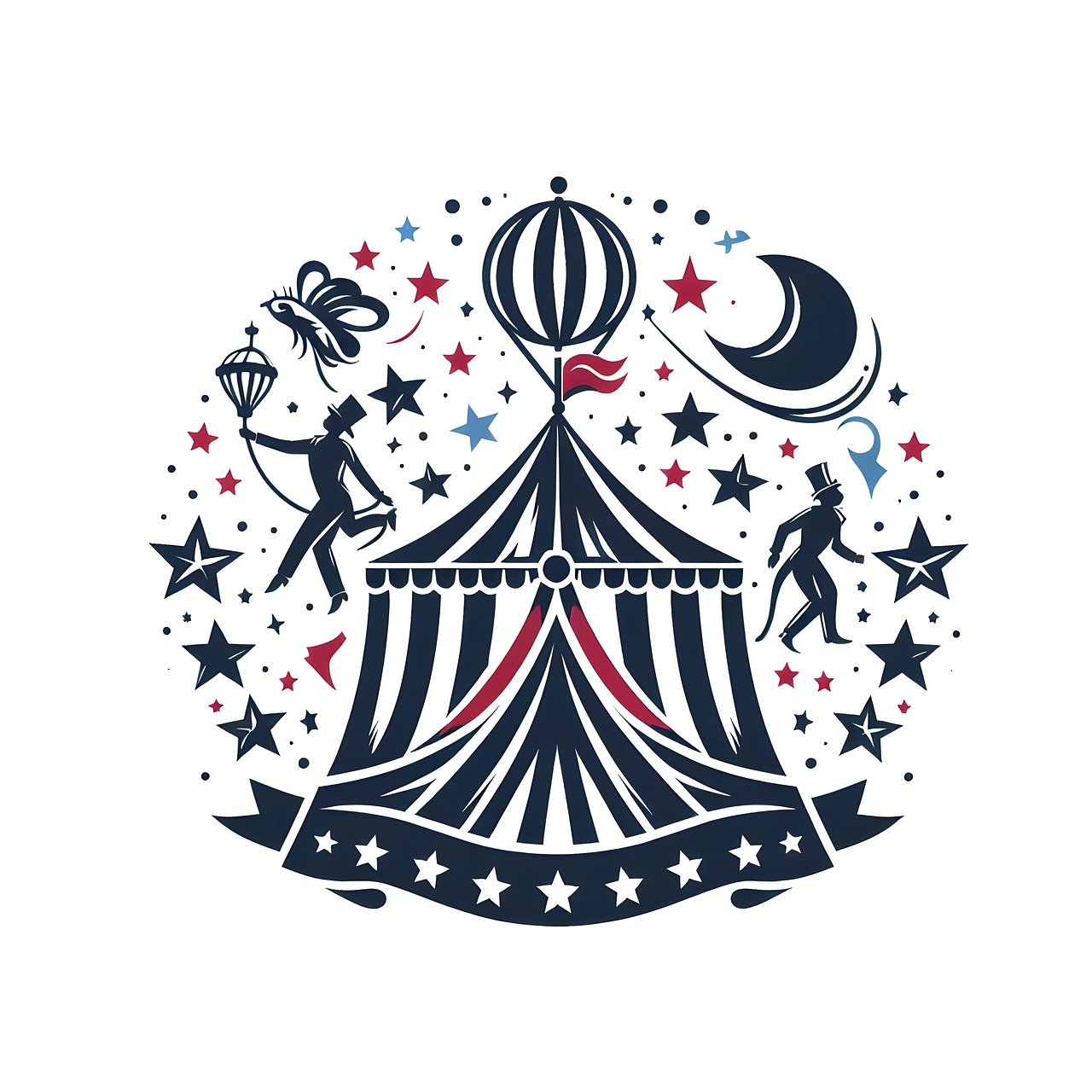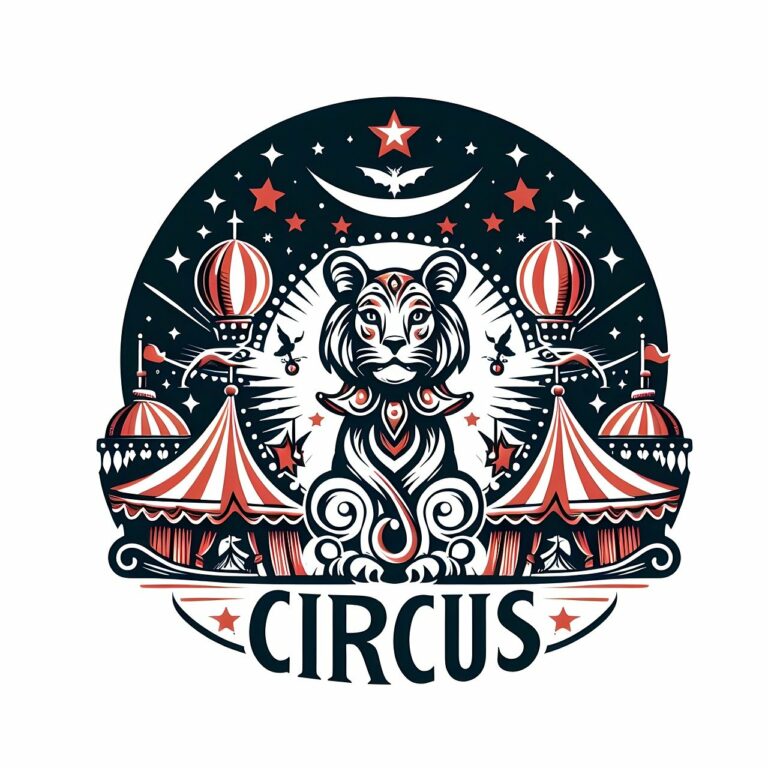The Psychology of Spectacle: Understanding Audience Reactions
11xplay id, laser247.com login, world777 sign up:The Psychology of Spectacle: Understanding Audience Reactions
Have you ever wondered why certain events or performances capture our attention and leave us in awe, while others leave us feeling indifferent or even bored? The answer lies in the psychology of spectacle and how our minds respond to stimuli that are larger than life. In this article, we will explore the fascinating world of audience reactions and how understanding them can help you create unforgettable experiences.
The Power of Spectacle
Spectacle refers to something that is visually striking or impressive, often on a grand scale. It can be found in various forms, such as in movies, concerts, sporting events, or even public speeches. Spectacles evoke strong emotions and reactions from audiences, making them a powerful tool for capturing attention and creating memorable moments.
Understanding Audience Reactions
Audience reactions to spectacle are influenced by a variety of psychological factors, including:
1. Emotional Engagement: Spectacles often tap into our emotions, eliciting feelings of excitement, joy, awe, or even fear. This emotional engagement helps us connect to the experience on a deeper level and makes it more memorable.
2. Social Influence: Our reactions to spectacle are also influenced by the people around us. When we see others react positively to something, we are more likely to do the same. This is why laughter is contagious in a comedy show or why cheering spreads quickly in a sports stadium.
3. Cognitive Processing: Our brains are wired to pay attention to things that are novel, surprising, or visually stimulating. Spectacles that are out of the ordinary or challenge our expectations are more likely to capture and hold our attention.
4. Personal Relevance: The extent to which a spectacle is personally relevant to us also affects our reactions. If we feel a strong connection to the content or message being presented, we are more likely to engage with it and have a positive reaction.
Creating Memorable Experiences
Whether you are a performer, event organizer, marketer, or simply someone looking to create impactful experiences, understanding the psychology of spectacle can help you design events that resonate with your audience. By incorporating elements that appeal to our emotions, social nature, and cognitive processes, you can create spectacles that leave a lasting impression.
FAQs
Q: Can spectacle be negative?
A: While spectacle is often associated with positive emotions, it can also evoke negative reactions, such as fear, disgust, or even boredom. The key is to understand your audience and tailor the spectacle to elicit the desired response.
Q: How can I measure audience reactions to spectacle?
A: Audience reactions can be measured through various methods, such as surveys, focus groups, social media analytics, or simply observing their behavior during the event. Pay attention to verbal and nonverbal cues to gauge their level of engagement.
Q: Are there cultural differences in audience reactions to spectacle?
A: Yes, cultural norms and values can influence how audiences respond to spectacle. It’s important to consider the cultural background of your audience when designing spectacles to ensure that they resonate with them.
In conclusion, the psychology of spectacle plays a crucial role in shaping audience reactions and creating memorable experiences. By understanding the emotional, social, and cognitive factors that influence our responses, you can design events that captivate and inspire your audience. So go ahead, embrace the power of spectacle, and create moments that leave a lasting impact.





